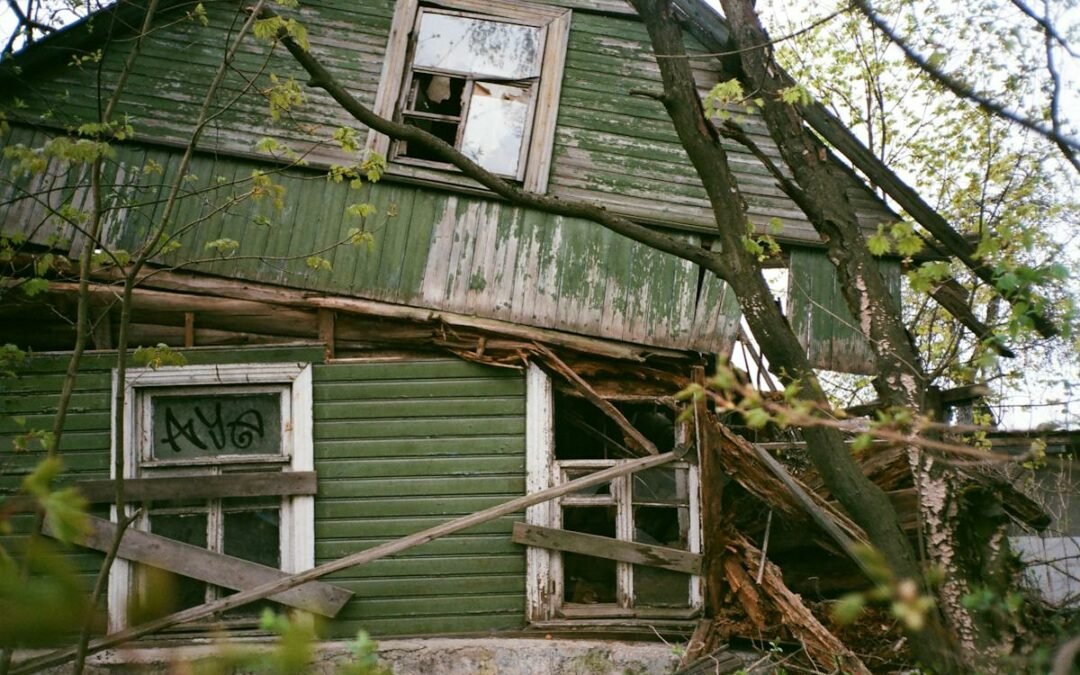Demolishing your house or business might initially seem intimidating. Effective planning, preparation, research, and considerations such as cost estimation, safety measures, debris disposal methods, and environmental impact are crucial for a successful demolition.
The good news is that we can assist you in making this process more manageable than anticipated. In this guide, we will delve into essential factors for planning a demolition, including necessary permits for a safe and efficient project.
Additionally, we’ll cover key considerations like cost estimates for labor and materials, along with safety precautions associated with demolition projects. This way, you’ll be well-informed before embarking on your home or business demolition journey.
What Are the Permits Needed for Demolition?
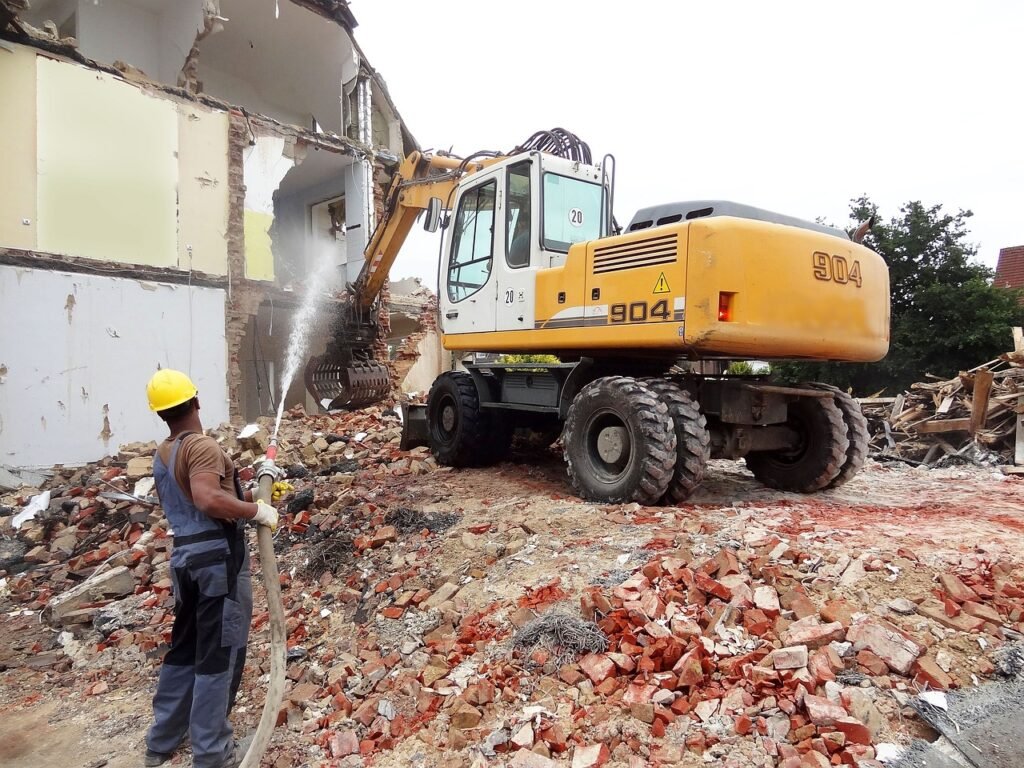
Permits may vary depending on your location. For example, if you are demolishing a home in a specific city, you might need to acquire a permit from your local government before commencing your demolition project.
In some cases, additional permits may be required from other agencies. Conducting thorough research is crucial to understanding the necessary permits for your specific project before initiating any work. This proactive approach can prevent costly fines and unnecessary delays arising from incomplete paperwork.
Moreover, permit requirements can differ between municipalities, emphasizing the importance of accurately filling out all documents before submission for approval.
In addition to obtaining the required permits from your local municipality, contractors should contact their insurance provider to understand the coverage associated with the demolition project.
Certain risks in these projects may not be covered by standard policies. It is also advisable to reach out to utility companies beforehand to facilitate the shutdown of services at the site before commencing any work. This practice helps avoid unnecessary fines and ensures safety.
What Are the Necessary Safety Precautions?
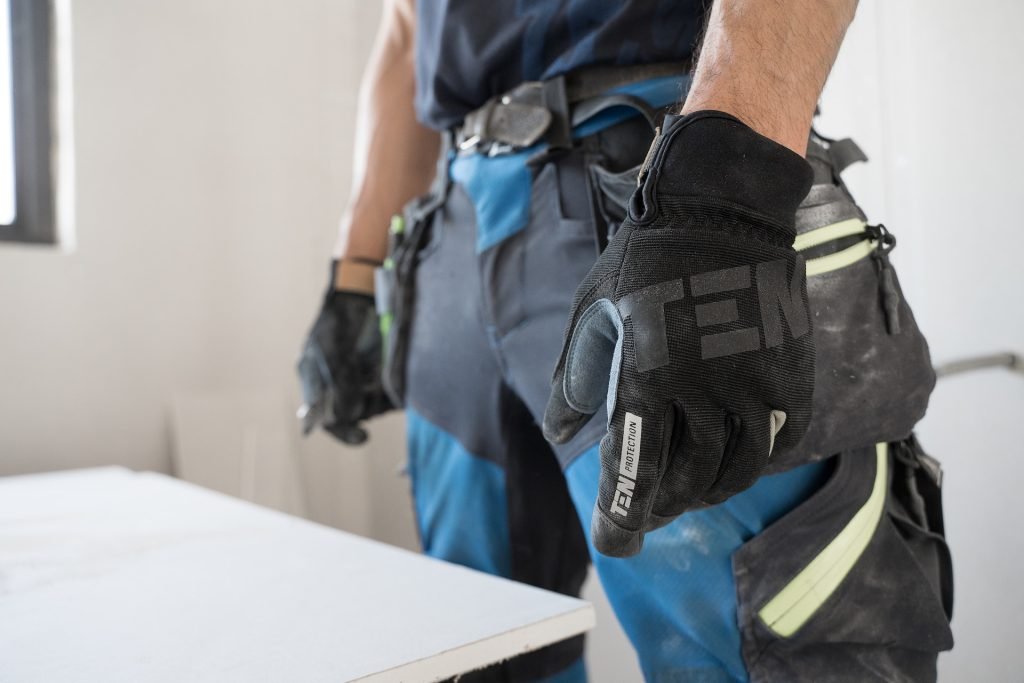
Before commencing the project, it is crucial to inquire about local regulations and laws associated with demolition work. This ensures that all safety requirements are met, and the project is executed safely.
Hiring a professional demolition contractor with ample experience in safely handling such projects is essential. Verify that they possess the required insurance coverage and proper licenses before initiating the project.
Additionally, confirm the presence of safety protocols for workers and inquire about measures in place to protect nearby structures, preventing potential damage during the demolition process.
Moreover, it is vital to ensure the absence of hazardous materials on the site before beginning any work. If hazardous materials like asbestos or lead paint are present, strict precautions must be followed to safely remove them, minimizing the risk of contamination or exposure. All workers should wear protective gear, including gloves, hats, masks, and goggles while on-site.
An evacuation plan should also be in place in case of any unforeseen incidents during the project. This ensures a swift and safe evacuation if needed. These steps are imperative to guarantee the smooth execution of your home demolition project.
How Much Does Demolition Cost?
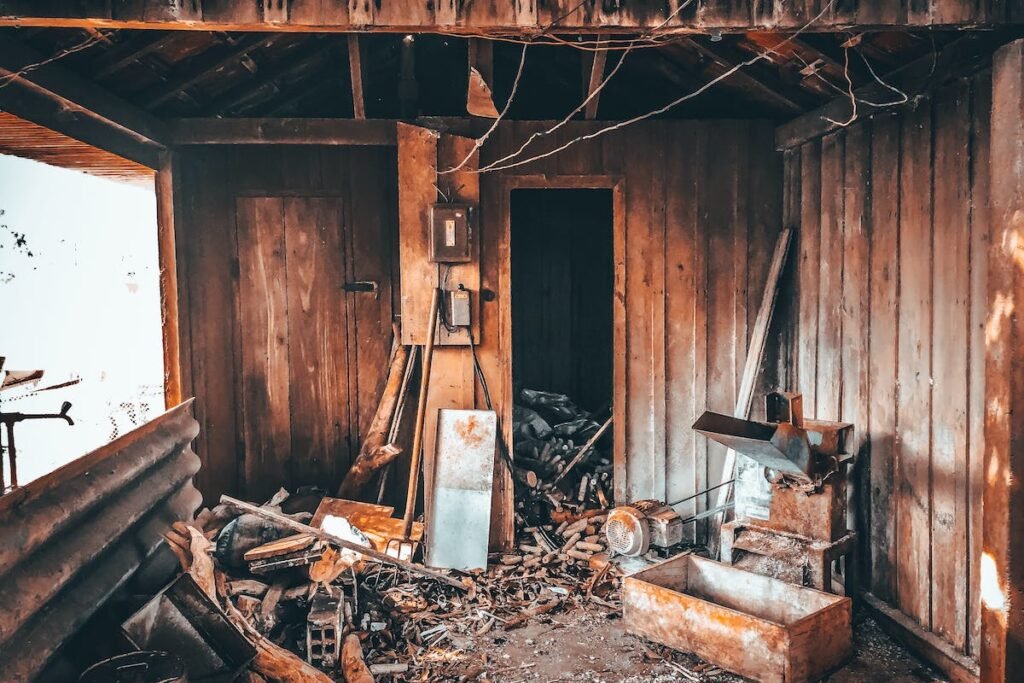
One of the most critical factors to consider when undertaking home demolition is the cost associated with labor, materials, permits, and other essential project-related fees. Depending on the project’s scale and size, these expenses can accumulate rapidly. In most cases, the significant portion of demolition project costs is attributed to materials.
If you intend to contribute to the work, ensure you provide a precise estimate for the required materials before making any purchases. Common materials needed include nails, lumber, screws, and any specialized tools necessary for specific tasks.
Another crucial consideration is labor costs. Hiring a professional contractor might be more expensive than doing the job yourself, but it often brings valuable expertise and experience, potentially saving you time and money by avoiding unnecessary delays or costly mistakes due to a lack of essential equipment or experience.
Permits are another expense to factor in when planning a demolition. Permit regulations can vary based on your location and the type of demolition, so it’s essential to gather information from local authorities before initiating the demolition of walls or structures.
Additionally, be aware of potential environmental hazards related to your demolition project, such as requirements for hazardous waste disposal. Failure to address these properly beforehand can lead to unexpected expenses.
Conducting thorough research in advance ensures that you won’t encounter surprises once your project is underway. To guarantee your project’s timely completion within budget, having an accurate estimate of the demolition project’s cost is paramount.
Proper Debris Disposal
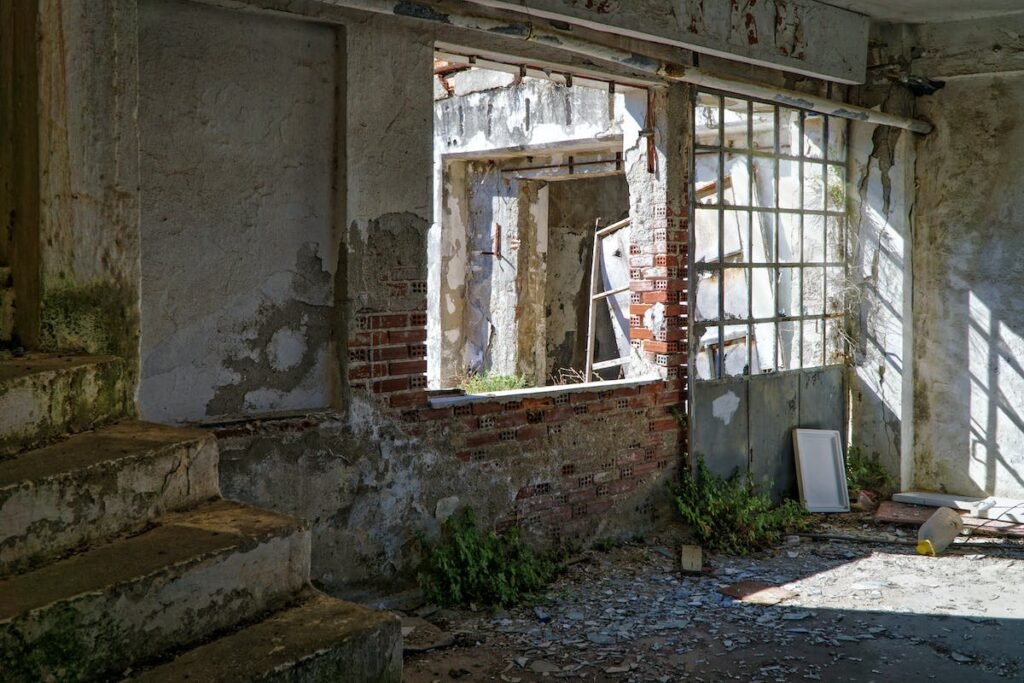
After completing your demolition project, proper debris disposal is crucial. Whether you choose to handle it yourself or rent a dumpster depends on the laws and regulations in your municipality. Before commencing your project, investigate disposal options available in your area to plan effectively.
Safety is paramount when disposing of demolition debris in Venice, FL. If you opt for self-disposal, ensure proper handling of hazardous materials like lead paint and asbestos. Adhere to local regulations by taking them to an approved facility. Always wear protective gear when dealing with these hazardous materials to prevent exposure.
In Tampa, FL, the cost of disposing of demolition debris depends on your location and the volume of materials needing removal. Renting a dumpster is often more cost-effective than handling disposal independently. These companies provide a truck and manage debris removal, relieving you of the responsibility.
Alternatively, hiring a local professional specializing in demolition debris service in Trinity, FL is another option. Many municipalities offer recycling discounts for specific types of construction waste, reducing disposal costs.
Consider the environmental impact when disposing of demolition waste. Properly handle hazardous materials like lead paint and asbestos based on local laws to minimize the risk of contamination. Sorting rubble is advisable.
Recyclable materials such as metal pipes or wood beams should be separated from non-recyclables like concrete blocks, which may require specific processing before being accepted at recycling centers. Demolition disposal services in Riverview, FL are integral to any demolition project.
For your demolition disposal, you can contact Nitro Maintenance at 727-317-7404 or email us at nick@nitromaintenance.com.

